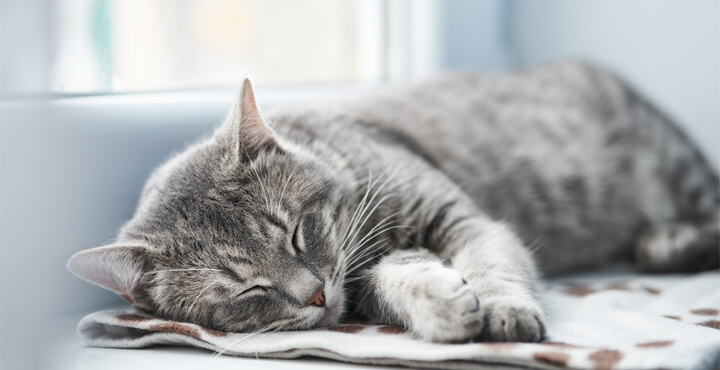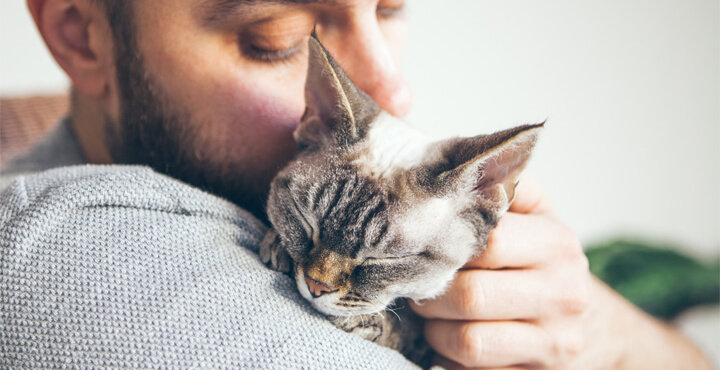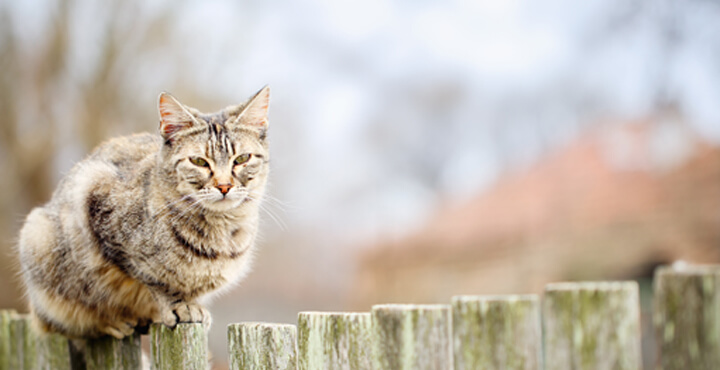
Throughout their life, your cat will spend a lot of their day following their natural instinct to groom. Not only does grooming help your cat look after their coat, but it also reinforces social bonds, and controls parasites.
As your cat gets older, however, they may find it harder to keep their coat as glossy and healthy as it used to be. If they neglect their grooming, your cat's skin might become flaky, and their coat might develop grey or white hairs.
Helping them groom
You’ve probably always helped your cat to groom themselves , and enjoyed all the wonderful bonding moments that has brought. So make sure you continue a regular grooming routine, which will help keep their fur shiny and healthy, and their skin soft. Remember that, as your cat gets older, you may need to handle them more delicately than when they were a happy-go-lucky youngster!
Terrible tangles
If your cat's coat gets very tangled and matted, it may be difficult for you to sort it out – and neither you nor your cat are likely to enjoy the untangling experience! If they really are in knots, take them to the vet to be clipped.
The right diet
Diet plays a big part in the condition of your cat’s coat. As your cat gets older, they may not be able to absorb all the nutrients they need to keep their coat in tip-top condition. That's why it's important you make sure your cat is eating the right food for their age. The WHISKAS® Senior range, designed for the specific needs of older cats, contains zinc and linoleic acid in exactly the right amounts to help maintain your cat’s healthy skin and coat. Treat them to our WHISKAS® Healthy Coat CatTreats to keep their coat as sleek as possible as they age gracefully.
You’ll find more details in our article on senior cat diet.








